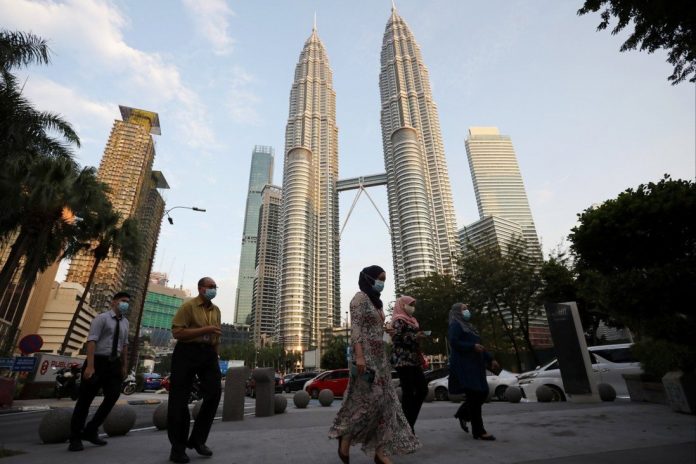Next week, the United States will host a democracy summit that is set to be attended by 110 nations and territories, including three from Southeast Asia.
Indonesia, Malaysia and the Philippines are the only members from Asean to be invited to The Summit for Democracy, a virtual event that purports to “defend against authoritarianism, fight corruption and promote human rights”.
That the Philippines made the participant list, even though it has perpetrated extrajudicial executions and other human rights violations under the government’s war on drugs, has raised questions. The same goes for Malaysia, which has overseen attacks on media freedom and free speech in recent years.
But aside from drawing confusion around the invitations and purpose of the event, it is also unclear what benefits the summit will bring to Southeast Asia, and whether three Asean states can make a difference or even be heard in such a crowded meeting.
The quest for democratic governance is complicated in Southeast Asia, where rising hopes and pro-democracy movements often collide with crushing electoral defeats and backsliding freedoms, as was the case in Myanmar, which reverted to military rule earlier this year.
Even the less authoritarian states are plagued by money politics, shrinking civil society spaces and deteriorating democratic institutions.
If a country’s strategic importance to Washington is what matters in this summit, then the exclusion of Singapore – a key US security partner with naval and airbase agreements – is problematic.
Ditto for Vietnam which was mentioned in the Biden administration’s Interim National Security Strategic Guidance stating Hanoi’s emergence as an increasingly vital part of Washington’s defence planning in the region.
In any case, as veteran Singapore diplomat Chan Heng Chee pointed out in May, it is not a good idea to “wave this flag of democracy in everyone’s faces. Countries have different histories and traditions”.
At a time when China is determined to position itself as the dominant power in Southeast Asia, playing the democracy game is counterproductive.
Beijing has made clear it is not bothered about what types of regimes or political systems are running Southeast Asian nations, as it tosses a liberal array of economic incentives to the region.
In contrast, the US has yet to come up with a halfway coherent economic engagement strategy with Southeast Asia, despite a trip by its Commerce Secretary Gina Raimondo to the region last month.
This may have prompted Singapore’s Deputy Prime Minister Heng Swee Keat to say this week that Washington needs to come up with an “equally substantial alternative” to the 11-country CPTPP trade pact that the Trump administration exited almost five years ago.
“The US cannot afford to be absent from the region’s evolving economic architecture,” Heng said.
If the real purpose of the summit is to counter and challenge China’s influence globally, as is widely perceived, then it is time for Washington to rival Beijing’s efforts in forging closer and indispensable economic links with the region.
The US needs to deliver a trade pact that reaffirms its commitment to the Indo-Pacific region, which in Raimondo’s words, will “strengthen our businesses, our workforce, and our economies”.
That will certainly deliver more oomph than having a democracy summit that draws unwilling Southeast Asian countries into what Beijing has described as “an ideology-driven clique to contain China”.
By Maria Siow / scmp
The views and opinions expressed in this article are solely those of the author and do not necessarily reflect the position of AsiaWE Review.




